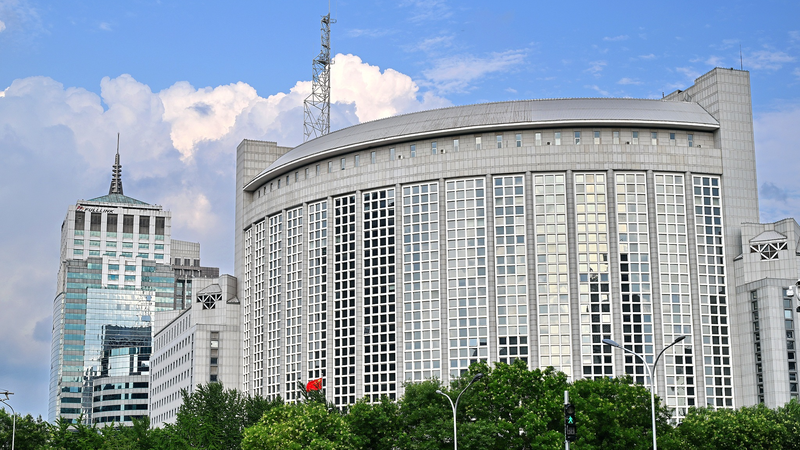Trust is the currency of international relations, but recent remarks from the Chinese foreign ministry have shaken the ledger between Beijing and Wellington. On Thursday, spokesperson Mao Ning responded to a report by the New Zealand Security Intelligence Service (NZSIS), which had accused China of being the "most active" country in foreign interference on New Zealand soil.
Mao Ning described a pattern of disinformation campaigns, ideological bias, and a Cold War mindset at the heart of the NZSIS claims. She said these tactics have led to groundless accusations, the smearing of genuine cultural and educational exchanges, and the intimidation of Chinese residents in New Zealand.
"This does no good to mutual trust and runs counter to the two countries’ consensus of enhancing people-to-people and cultural exchanges," Mao said, urging the agency to stop spreading lies and creating misperceptions that undermine bilateral ties.
China’s call comes amid a broader debate over the role of intelligence services in shaping public opinion and foreign policy. Recent studies suggest that targeted disinformation can sway up to 30% of public opinion on international issues within weeks of a major security alert.
For young global citizens, entrepreneurs, and changemakers, this episode underscores the power—and responsibility—behind national narratives. Experts argue that open dialogue, transparent investigations, and respect for diverse communities are essential for building trust-based partnerships across borders.
As both sides weigh their next steps, many observers hope cooler heads and a shared interest in education, trade, and tourism will prevail, keeping the door open for healthy exchanges and collective progress.
Reference(s):
China urges relevant agency in New Zealand to stop spreading lies
cgtn.com




